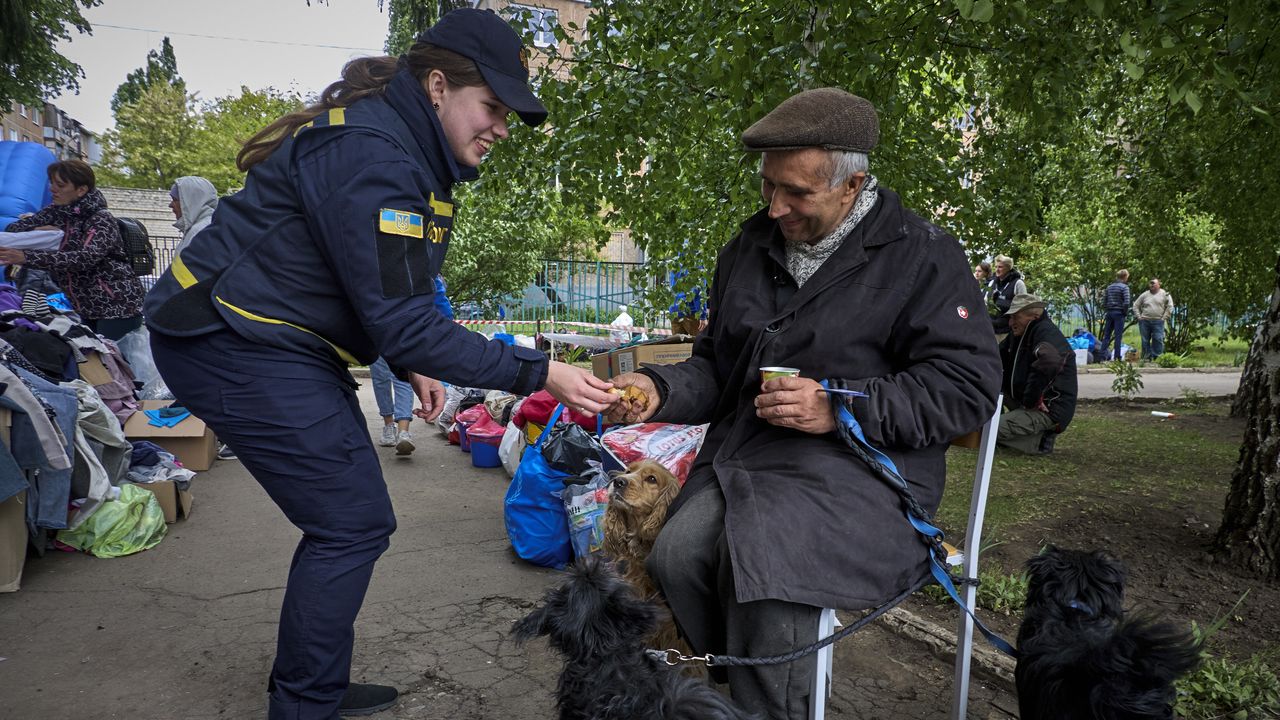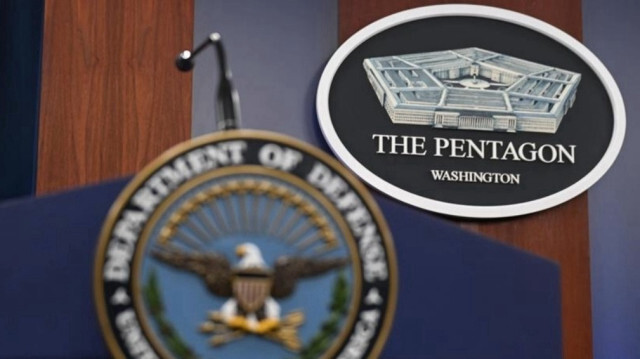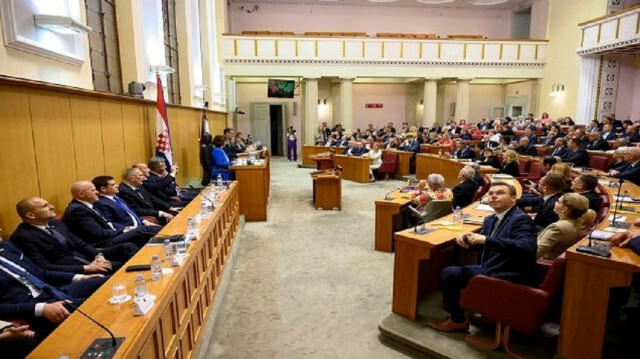Rocket Strike at Karem Abu Salem: 3 Israeli Soldiers Slain
In a recent escalation, 3 Israeli soldiers were killed and 14 wounded after Karem Abu Salem military site was targeted, leading to closures and heightened tensions in the region.
Published May 06, 2024 - 00:05am
Image recovered from assawsana.com
The Israeli military and several media outlets have confirmed the death of 3 soldiers and 14 injuries resulting from a rocket strike by Hamas at the Karem Abu Salem military location on Sunday afternoon.
According to reports, this serious attack led to the temporary closure of the crossing, preventing the passage of humanitarian aid to the Gaza Strip.
The soldiers killed were identified as Sergeants Reuven Assoulin, Ido Baruch, and Tal Shvart. Hamas's military wing, the Qassam Brigades, claimed responsibility for the attack, stating that they aimed at Israeli forces' gatherings with 114mm Rajoum rockets. This operation is deemed significant in terms of preparation, intelligence capabilities, and the signaling of the persistent readiness of resistance forces to counter hostilities.
Amidst these developments, Israeli media labelled the incident as serious, restricting publication of specific details related to the casualties and the impact of the projectiles. Israeli forces reportedly delayed attending to their casualties for an hour due to the continued rocket fire.
This incident marks a notable escalation after months of violent confrontations in the Gaza Strip. It accentuates the ongoing struggle and complexity of the Israeli-Palestinian conflict, with military and political repercussions rippling through the region.
The strike on the Karem Abu Salem military site, situated near the border of Gaza, has further intensified the already strained relations between Israel and Hamas. The escalation comes after a period of relative calm that followed an agreement mediated by Egypt and the United Nations to ease hostilities and provide Gaza with fuel for electricity generation. This recent violence underscores the fragility of such ceasefires and the volatility that characterizes the Israeli-Palestinian dynamics.
This latest outbreak of violence drew condemnation from various international bodies, calling for an immediate cessation of hostilities. The United Nations envoy for Middle East Peace, Tor Wennesland, expressed profound concern and urged all parties to avoid further escalation that could lead to a more significant conflict, recognizing the potential for a humanitarian crisis in Gaza should these incidents continue.
In response to the attack, the Israeli military conducted airstrikes on Hamas targets within the Gaza Strip. According to the Israel Defense Forces (IDF), these responsive measures targeted weapons manufacturing and storage sites utilized by Hamas, aiming to diminish the group's rocket-firing capabilities. The IDF vowed to continue defending Israeli citizens and maintaining its aggressive stance against what it perceives to be terrorist threats.
The situation also raises concerns regarding the flow of humanitarian aid into Gaza, which, even before this event, faced significant economic and social challenges. The enclave's nearly two million population, already grappling with severe poverty and infrastructure decimation, relies heavily on aid. Any prolonged closure of the crossing could exacerbate food insecurity and the provision of essential medical supplies, which have been strained by over a decade of blockade and repeated conflict cycles.
Political reactions to the incident have been swift. Israeli Prime Minister's office stated that Israel would not tolerate any attacks on its sovereignty and that it will take all necessary actions to defend its citizens. Hamas insists that their actions are in direct defense of Palestinian rights and territories and constitute legitimate resistance to Israeli occupation. This exchange amplifies the intricate and polarized narrative surrounding the Israel-Palestine issue, with both adversaries projecting their animosities onto larger regional and international canvasses.
Analysts predict that unless international mediators step in to de-escalate the situation, the potential for a full-blown confrontation remains high. The balance of deterrence and periodic flare-ups between Israel and the armed factions in Gaza has led to several devastating wars over the past fifteen years, with dire humanitarian consequences for the civilian populations, particularly in Gaza.
As the global community watches on with worry, there are calls for renewed peace talks with the aim of conjuring a lasting solution to the protracted conflict. Despite the difficulties posed by political changes, the complexities inherent within Palestinian and Israeli politics, and regional geopolitical shifts, many still believe that negotiation and dialogue remain vital to achieving enduring peace and security for all involved parties.
:format(jpeg)/cloudfront-us-east-1.images.arcpublishing.com/elespectador/E4FBVWFOZFFKJPADSHULE3OZ5U.jpg)






